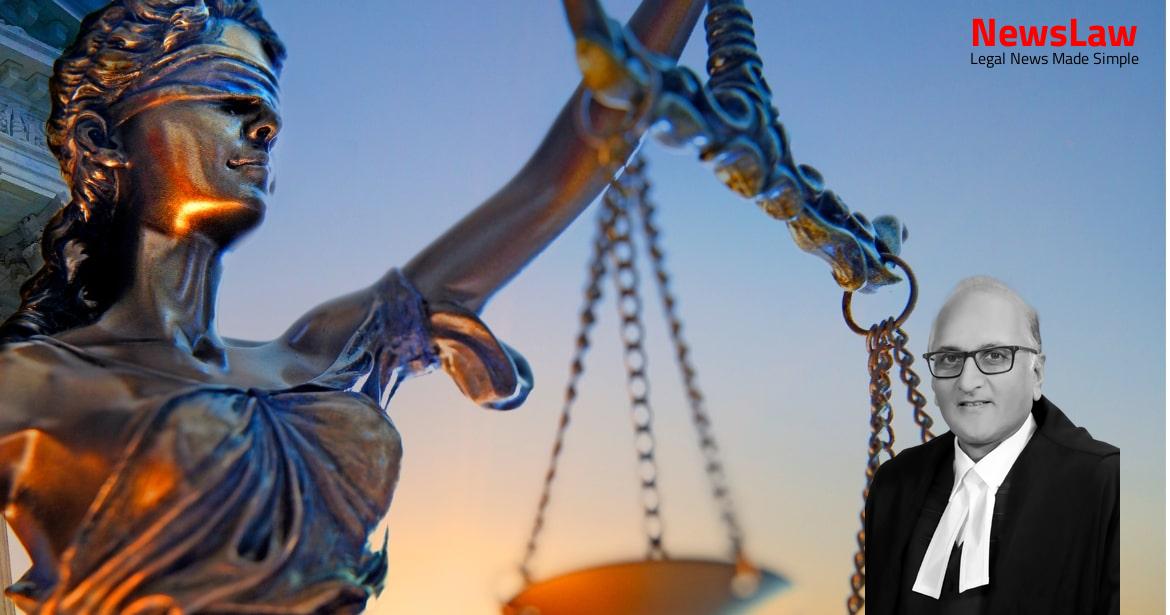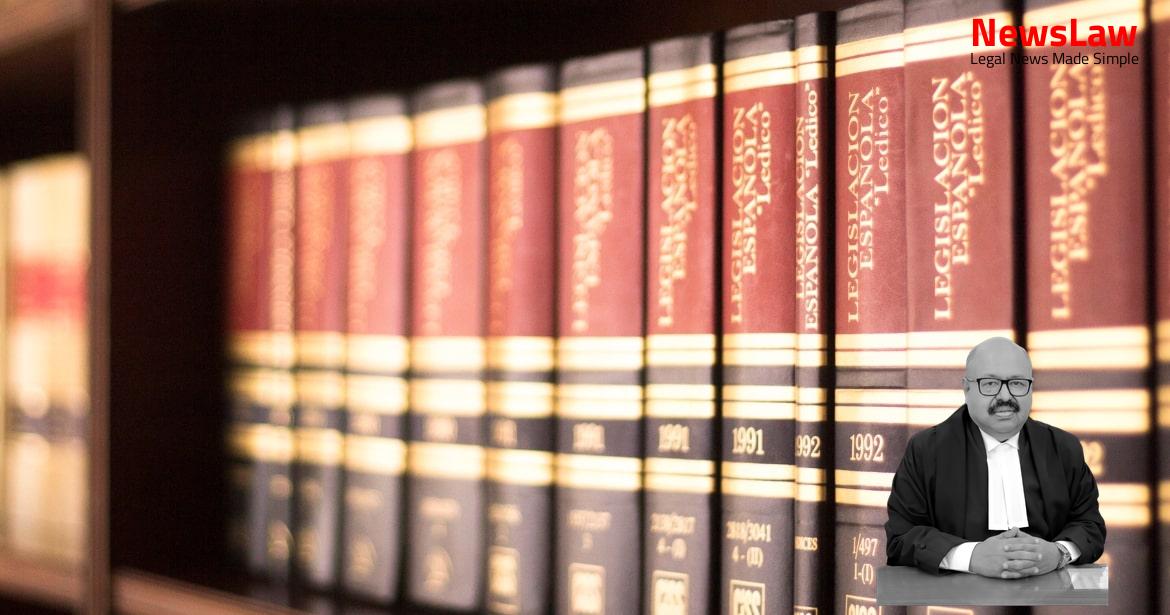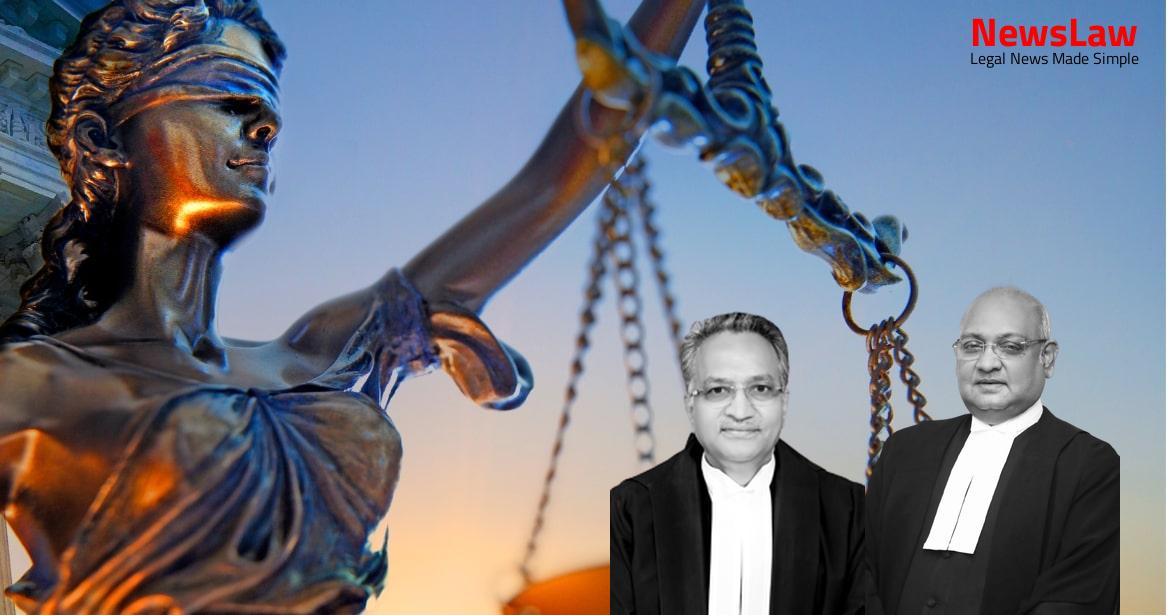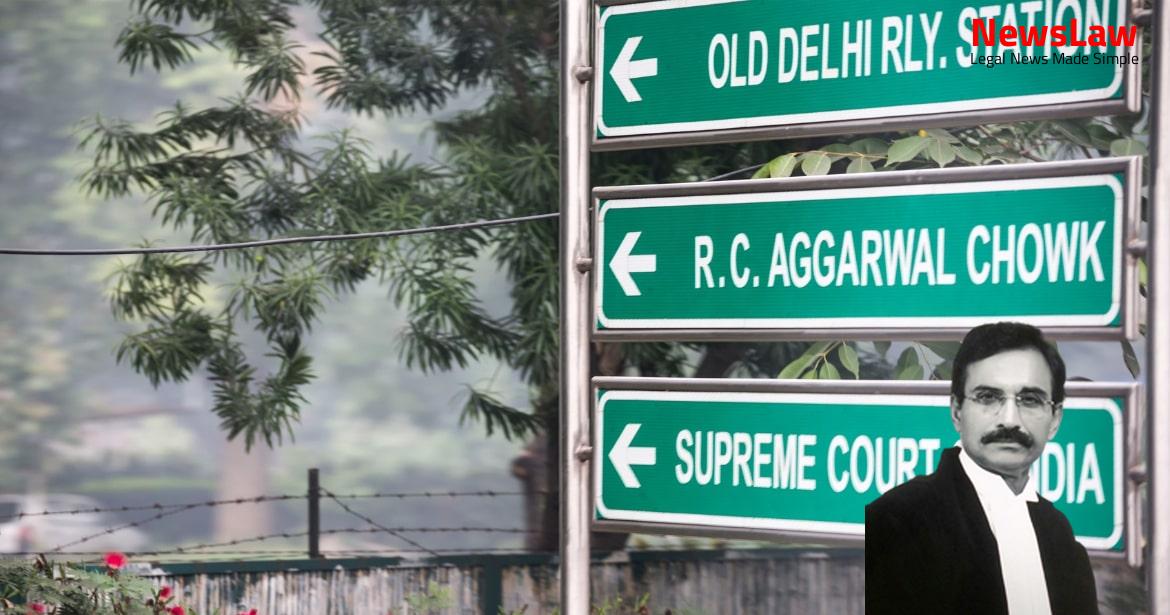In a significant legal development, the Supreme Court is poised to examine the constitutional validity of reservation amendments that have raised substantial questions of law. The amendments are being challenged for potentially breaching the 50% ceiling cap and impacting the fundamental structure of the Constitution. This case has crucial implications for the principles of equality and affirmative action, as the court delves into the intricate legal analysis surrounding reservations for economically weaker sections.
Facts
- Challenges the constitutional validity of The Constitution (One Hundred and Third Amendment) Act, 2019
- The Amendment Act is the subject of challenge in this batch of writ petitions
- Petitioners have raised concerns regarding the Amendment Act’s constitutionality
Also Read: Legal Analysis on Arbitration Petition Limitation Period
Arguments
- The petitioners argue that the impugned Amendment Act violates the basic structure of the Constitution by providing reservations based solely on economic criteria.
- They claim that the 50% quota for affirmative action and reservation should not be breached, as established by previous court judgments.
- The petitioners contend that the amendments run contrary to the constitutional scheme, as reservations cannot be solely on economic grounds.
- It is argued that the very identity of the Constitution is compromised by the amendments allowing reservations for economically weaker sections, as it distorts the fundamental rights under the basic structure doctrine.
- The petitioners emphasize that economic criteria alone should not be the basis for determining backwardness, as social backwardness is the primary cause.
- They assert that the impugned amendments violate the principle of providing affirmative action only in favor of socially backward classes.
- The petitioners highlight that the impugned amendments exceed the 50% ceiling limit for reservations, which could infringe on the equality code of the Constitution.
- The argument is made that the petitioners have no issue with introducing reservations for economically weaker sections, but it should not breach the 50% limit and must adhere to the equality code of the Constitution.
- It is pointed out that the questions raised in these cases amount to substantial questions of law that require consideration by a Bench of five Judges.
- Learned senior counsel for the petitioners sought reference to a larger Bench of five Judges
- Opposed by the learned Attorney General for the Union of India
- Agreement with the submissions made by the learned counsels for the petitioners that the matters involve substantial questions of law
- The matters are required to be heard by a Bench of five Judges as per Article 145(3) of the Constitution and Order XXXVIII of the Supreme Court Rules, 2013
- Not entering into the merits of the matter on the validity of the impugned Amendment Act
- Referring the matter to a Bench of five Judges as per Article 145(3) and Order XXXVIII Rule 1(1) of the Supreme Court Rules, 2013
Also Read: Analysis of High Courts’ Jurisdiction and Court Orders Under Article 142
Analysis
- Article 15(6) and Article 16(6) of the Constitution of India empower the States to make special provisions for economically weaker sections of citizens.
- The definition of ‘economically weaker sections’ is based on family income and other indicators of economic disadvantage, notified by the State from time to time.
- States can reserve up to a maximum of ten per cent of seats or posts for economically weaker sections, in addition to existing reservations.
- The newly inserted clauses in Articles 15 and 16 allow for special provisions related to admission to educational institutions and appointment to posts for economically weaker sections.
- States have the authority to make provisions for the advancement of economically weaker sections, outside the classes mentioned in clause (4), subject to the ten per cent limit.
- The impugned constitutional amendments are being challenged on the grounds of altering the basic structure of the Constitution of India and exceeding the 50% ceiling cap set by a previous judgment.
- The main question to be addressed is whether these challenges raise substantial questions of law.
- The impugned amendments are in violation of the nine-Judge Bench judgment in the case of Indra Sawhney.
- The amendments run contrary to the principles laid down in the Indra Sawhney case.
- It is argued that the amendments go against the established legal precedent set by the Indra Sawhney judgment.
- The impugned Amendment Act is being challenged for potentially violating the basic structure of the Constitution.
- The application of tests of ‘width’ and ‘identity’ with reference to equality provisions is considered a substantial question of law.
- The Union of India argues that despite the usual 50% ceiling for affirmative action, the Constitution can be amended in special circumstances to uplift economically weaker sections.
- To prevent conflicting findings by different High Courts, the writ petitions challenging the Amendment Act are being transferred to the Supreme Court for consolidation and a unified decision.
- Several writ petitions from different High Courts are being transferred to the Supreme Court for consideration and listing before a Bench of five Judges.
Also Read: Electoral Malpractices in Mayor Election
Decision
- The transfer petitions in question are filed by/ on behalf of Union of India under Article 139A(1) of the Constitution of India read with Order XLI Rules 1 to 5 of the Supreme Court Rules, 2013.
- The petitions seek the transfer of writ petitions filed before various High Courts to the Supreme Court.
- There is a writ petition pending before the Supreme Court (W.P.(C)No.55 of 2019) titled ‘Janhit Abhiyan v. Union of India & Ors.’ challenging the validity of The Constitution (One Hundred and Third Amendment) Act, 2019.
- The Supreme Court has already issued notice in the aforementioned writ petition on 25.01.2019.
Case Title: JANHIT ABHIYAN Vs. UNION OF INDIA (2020 INSC 475)
Case Number: W.P.(C) No.-000055 / 2019



